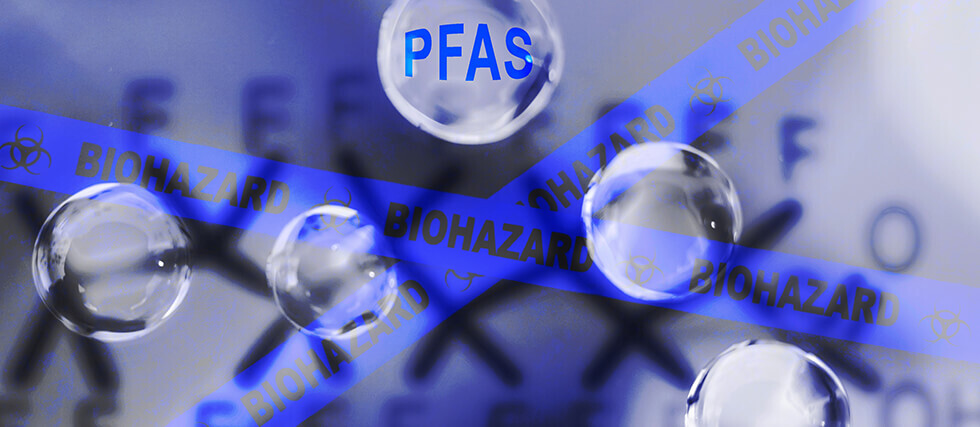A landfill in Central Washington is now ground zero in what may become a full-blown environmental crisis—and the worst part? No one knows how far the contamination has spread.
Rocky Top Environmental Landfill, located near Yakima, is under intense scrutiny after testing revealed dangerously high levels of toxic PFAS chemicals in groundwater. One well showed contamination at 21 nanograms per liter, more than five times the EPA’s new legal limit of 4 nanograms. That’s not a red flag—it’s a siren.
Scott Cave, a consultant for watchdog group Friends of Rocky Top, said the scale of the problem is terrifyingly vague: “The amount of the contamination and the plume size is completely unknown. We have no idea where that plume is gone or if we’re even going to find it in neighbors’ wells.”
Residents could be drinking contaminated water, and no one knows the extent of the damage.
PFAS—also known as “forever chemicals”—are found in a wide range of products, from nonstick pans to firefighting foam. They don’t break down, they build up in your blood, and they’ve been linked to cancer, hormone disruption, immune dysfunction, and cardiovascular issues. One study found prenatal exposure through drinking water increased childhood cancer risk—another tied PFAS to heart disease in postmenopausal women.
This isn’t some isolated case—PFAS are practically everywhere. Over 20% of Americans could be sipping them straight from their tap, and according to government agencies, most of us already have these chemicals in our blood.
The EPA finally rolled out legally enforceable limits for PFAS in 2024. But under the current Trump administration, momentum has stalled. A proposed rule to limit PFAS discharge into waterways was scrapped in February, raising serious questions about regulatory rollback.
States like Minnesota are stepping up with bans, but the clock is ticking.
If you’re not angry, you’re not paying attention. Know what’s in your water. Ditch the nonstick. Choose PFAS-free. And demand better, because the contamination may already be closer than you think.




